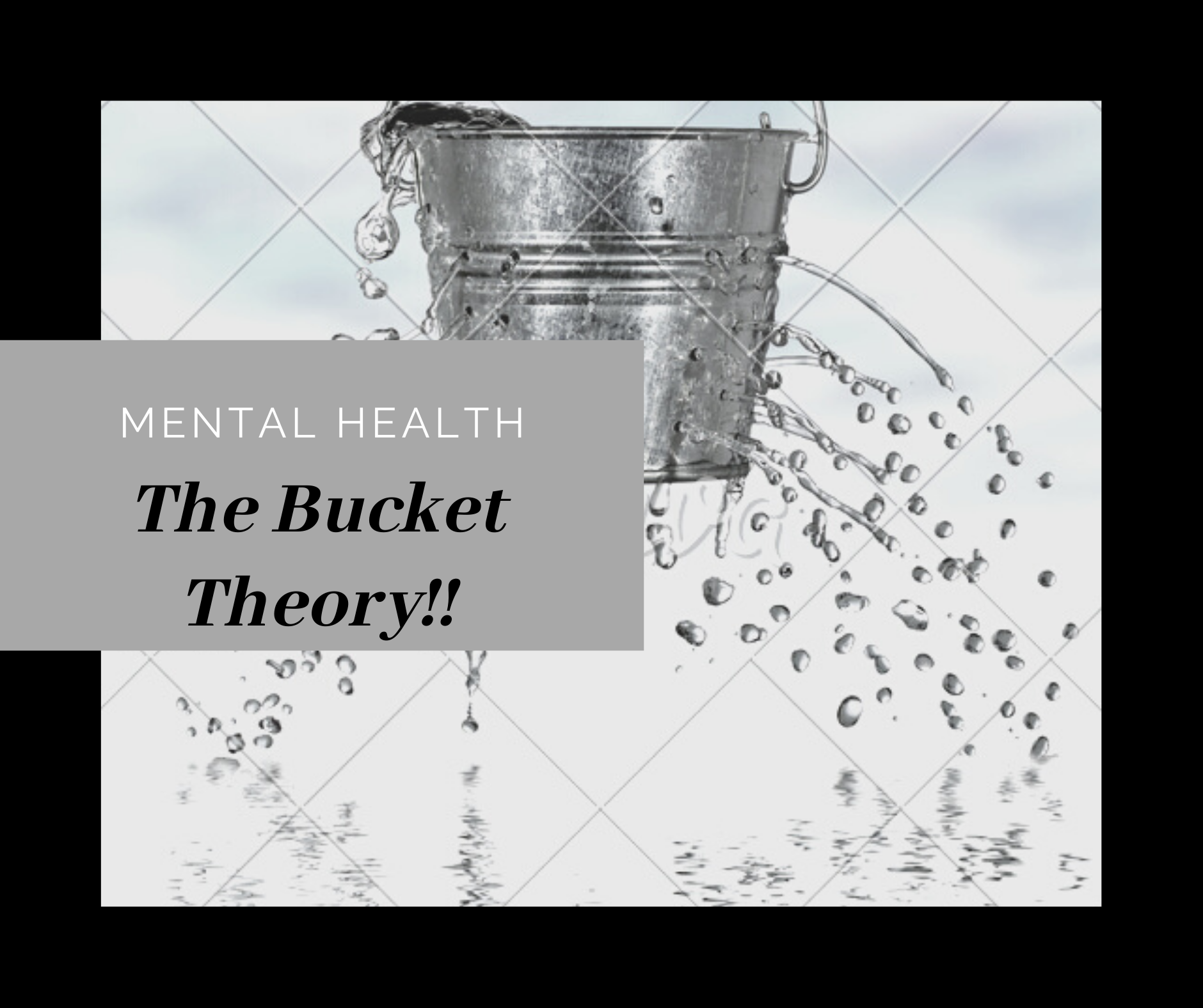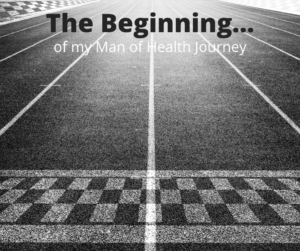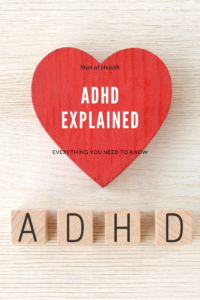
What is the Mental Health Bucket Theory?
- Post author:Christopher C
- Post published:October 4, 2020
- Post category:Mental Health
Analogy:
Your mental health is like a bucket.
Every traumatic experience…. (creates a hole in that bucket).
Every negative action to hide that traumatic experience (makes that hole even bigger).
A negative environment…(creates another hole)….and so on and so on.
No matter how much water (joy) you pour into your bucket it will never be filled….until you fix the holes that were created from your past experiences.
Mental health is one of the most important forms of health that a man can possess. A lot of men have this perception that mental health is not important, so we keep it on the back burner.
We must recognize that mental health is the first pillar of a Man of Health.
What is mental health?
Mental health involves the link between our social, emotional, and psychological wellbeing. Mental health has a stigma surrounding it.
Men view it as being crazy or weak to have mental health issues. This could not be further from the truth. Mental health is important in our early childhood and our adulthood. It is important to know exactly what mental health is and what affects it.
There are many issues that affect mental health. It can be affected by family history, life experiences, biological factors, and environmental issues.
- Family history is important in mental health. Mental health problems have been shown to be passed from parent to child. We must have discussions with our parents and our children about mental health and the issues that may reside in our families. We can no longer turn a blind eye to our family history.
- Life experiences play a role in an individual’s mental health. Trauma and life events (rape, abuse, and neglect) can impact mental health. 5-6 percent of all men have reported a traumatic event in their life. We have to discuss our issues we cannot hold unto these problems because they will affect future relationships.
- Biological factors include damage done at birth, injuries, drugs and alcohol. Drugs and alcohol affect or wellbeing so it affects or mental health. Drugs and alcohol are used to negatively cope with issues, which means it is doing double the damage to your mental health. (Drilling two holes at once)
- I believe our environment can affect our family history and our life experiences. We cannot always change our environment, but we must not become a victim of our environment. We must develop positive coping mechanisms to battle our environment.
Coping mechanisms are things you do to deal with an issue that is bothering you. There are negative coping mechanisms (drinking, smoking, sex, and violence), and there are positive coping mechanisms (working out, reading, and praying).
Man of Health Viewpoint
There are things that providers can do to help you with you mental health. There are different types of providers that can help. Family providers (physicians and nurse practitioners) can be helpful, because they know you quite well and may be already seeing you for other medical issues. They can help make sure there are no other issues that could be affecting your mental health. They may draw blood work to make sure that your electrolyte level is not affecting your mood (Sodium, Calcium, Chloride, magnesium). They can ensure a medication side effect is not the cause of a mood change.
Many medications have psychological side effects, but you should never stop taking a medication without discussing it with your healthcare provider.
A health care provider should be able to guide you to the professional help you need if they cannot assist you. These professionals include but or not limited to: Psychiatrist, counselor, psychologist, or registered therapist.
The Game Plan
- The first step is to discuss your issue with someone who is available to listen in a judge free zone. The discussion with the provider may be all you need, but if they do diagnose you with a mental illness (depression, anxiety, post traumatic disorder,…), do not become sad or angry. This means that you are one step to becoming a better you, a Man of Health. A discussion with a good provider will provide feedback and guidance into what you need to do to plug the holes in your mental health bucket.
2. The second step: Is to recognize positive coping mechanisms vs negative coping mechanisms. The mechanism you choose can determine whether you repair your mental hole or increase the size of that hole. Positive mechanisms that can help include support systems like your families, friends, and your spouse. Do not be afraid to discuss any issues. Other forms of positive mechanisms include physical activity, humor, and problem solving.
3. The third step is to continue to learn about issues affecting you, and what do you personally do when a problem arrives in your life. Problems will always occur but its important is know how to deal with those problems. Remember keep a support system. It is also vital to share your experiences with those you trust.
Remember at Man of Health we are here to build and educate. To become a Man of Health you must become mentally healthy
Sign up for our Newsletter and never miss an article.

Share via:



